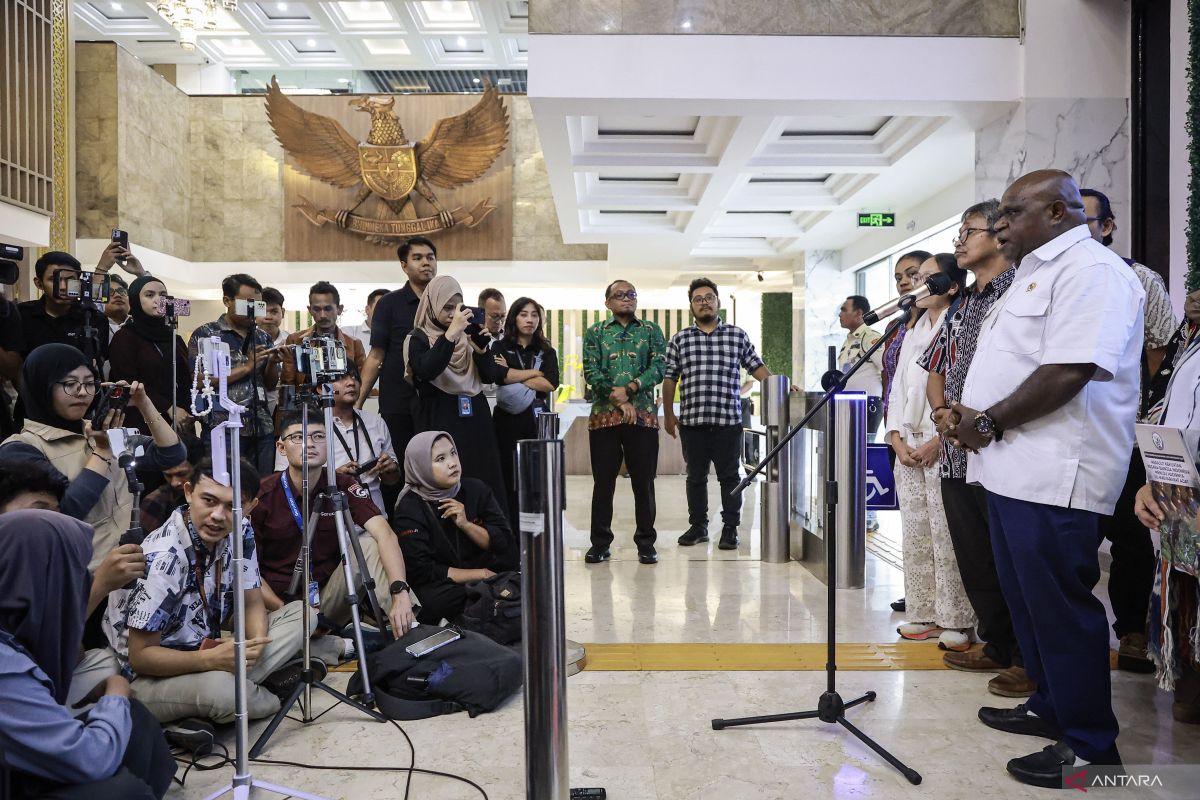“This is not military education. Students are being educated in barracks—educational barracks,” Pigai said, adding that the initiative aims to improve discipline, mentality, responsibility, and morals.
He emphasized that sending misbehaving students to military-style boot camps would not violate human rights, as the program would not involve any physical mistreatment. Instead, the focus would be on discipline-oriented training delivered by the military.
“Why not? In fact, the education will be even better. So where is the human rights violation?” he asked. “I’ve cross-checked it. The governor came to my office. I asked whether there would be any physical mistreatment—he said no.”
Pigai explained that punishments such as pinching ears or hitting with a rattan cane—common in the past—constitute corporal punishment and are not part of the current plan.
“That’s corporal punishment, and that’s what we disagree with. But I’ve already checked: Mr. Dedi Mulyadi has stated such practices are not involved. The focus is on improving abilities, skills, and productivity,” he said.
Pigai, a former member of the National Commission on Human Rights (Komnas HAM), stated that the governor’s initiative is designed to build discipline and character, foster mental resilience, and instill a sense of responsibility in students.
In response to criticism that the program might violate human rights and has been reported to Komnas HAM, Pigai argued that the commission misunderstood the program’s context.
“If they truly understood the Beijing Declaration or the Riyadh Guidelines on the juvenile justice system, they would know this is not part of the juvenile criminal justice process,” he said.
Related news: Rights commission opposes governor's vasectomy-for-aid plan
Related news: Circus worker exploitation: Legislator calls for fair case resolution
Translator: Kuntum Khaira Riswan
Editor: Anton Santoso
Copyright © ANTARA 2025











